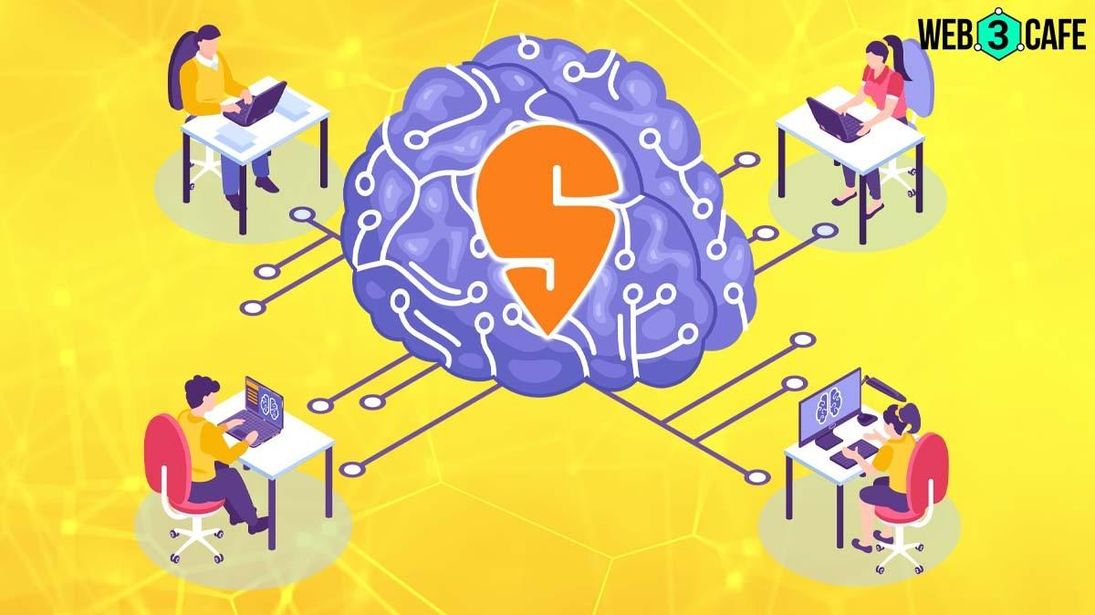After Zomato, Swiggy leverages AI for future objectives, forms team to work on it
Swiggy formed a dedicated team of people to work on AI-related objectives in the wake of technological advancements.
 artificial intelligence
artificial intelligence
Highlights
- Swiggy revealed its plans to enhance AI adoption in the company
- From customer refunds to personalisation, Swiggy adopts AI but does not consider it the primary objective of the company
As per recent information, the online food ordering and delivery platform, Swiggy has created a special team of five employees whose primary responsibility is to find new uses for artificial intelligence throughout the company.
By utilising AI to generate photos of food products and, in some cases, descriptions of them as well, the food and grocery delivery company has been constantly finding ways to enhance the adoption of this cutting-edge technology.
Swiggy’s take on AI
“AI is not a not an area of curiosity anymore, it is an area of active workstream. AI is also a space where we don't know what we don't know. So we are not taking a deterministic approach there at all saying it will be only implemented in a certain area, it’s across the business,” said Chief Executive Officer of the company’s food marketplace, Rohit Kapoor.
While one of the company’s goals was to use AI to reduce overall operational costs, this wasn't the startup's primary objective. Kapoor continued to say that, “We'll keep making a mistake until and until we are boundaryless in our thinking on this one right now. Cost is just one aspect of it.”
Infact, Swiggy's main rival Zomato, based in Gurugram, has been utilising AI to enhance customer service and streamline business processes.
Swiggy’s previous initiatives in AI
WhatToEat, a tool that the company only recently introduced, allows customers to explore curated options depending on their mood and appetites, improving food discovery.
Swiggy has also begun utilising AI to address client inquiries, primarily in the form of bots. "At some point, every business must automate customer complaints, and we do it when it makes sense...Can we make refunds better? Yes, we ought to handle refunds much better," Kapoor said.
He continued by saying that, Issuing refunds requires caution. Because 99 percent of refunds are legitimate, but the other 1 percent of any such cases which may not be legitimate, tries to misuse the system. “We must avoid losing money that was not owed. Of course, we may optimise refunds and raise our revenue. What impact will this have on our P&L, though? The answer is no," said Kapoor, who studies AI for four hours every weekend on sites like Midjourney and others.


COMMENTS 0